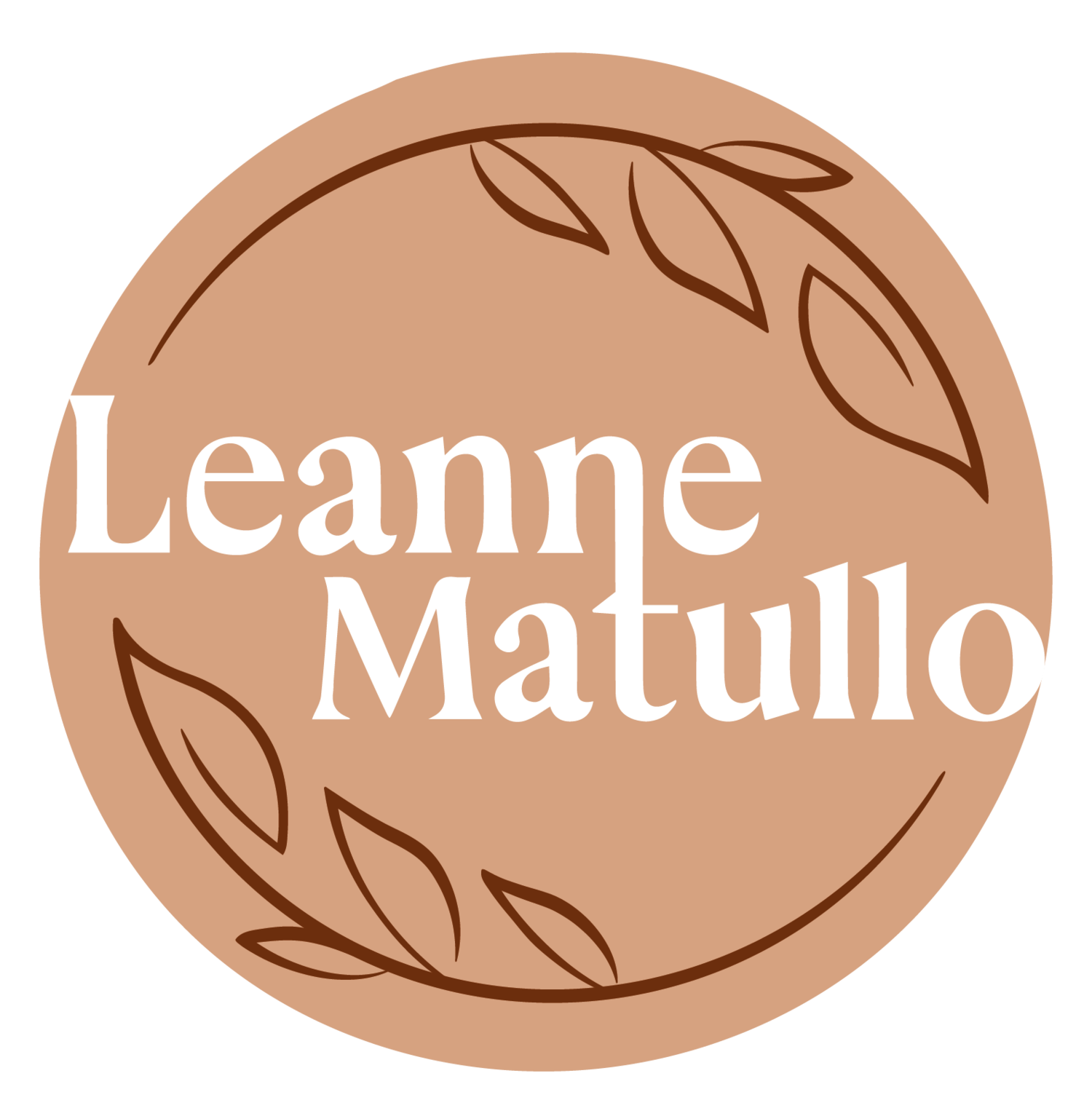What to do when we’re done talking about our emotions: Manomaya Kosha
The problem isn’t that we don’t have time. The problem is that we think we have too much of it.
I read this in a Buddhist text somewhere.
The list is endless:
I don’t have time for a walk outside.
I don’t have time to read a book for pleasure.
I don’t have time to spend with a friend in her backyard.
I don’t have time to have that hard conversation.
I don’t have time to do a yoga practice.
I don’t have time to meditate…
And so the stories go. Stories. I have them, too. Some are true. Some are not.
This premise brings us right into Manomaya kosha, or the emotional body and mental layer of our being. So many of us get very stuck here, living life completely above the shoulders. We make our way through life listening to the constant mind chatter, the citta vritti.
We get dragged down by our stories. The stories we have about ourselves, the stories we have about others, the stories we have about faith, spirituality, religion, work, nature, and so on. We talk about them ad nauseum. We don’t know how to extricate ourselves from them.
When we enter into a conscious practice, we start to question how these stories wriggled their way into our minds and if they are even ours in the first place. We start to question how we’re living our lives and if it’s the way we really want to be living.
And, with those questions come many emotions. Sadness, anger, rage, frustration, anxiety, heaviness, grief, loneliness, and also joy, peace, inspiration and so on.
That’s Manomaya. It’s in this kosha that we start to welcome all the inner workings of the mind and all the emotions/feelings that we may be experiencing. All of them. We allow ourselves to experience them bit by bit from a place of neutrality, rather than letting our minds run like a freight train and confusing our emotions with the truth of who we are. And much of the time, we need a guide on this journey (a teacher, a therapist, a relative, a friend, a partner).
You are not your sadness.
You are not your pain.
You are not your anxiety.
You are not your depression.
You are not even your happiness.
You are love, pure and simple.
You are joy, which is not the same as happiness.
With the support of Manomaya kosha, we become aware of all that we’re feeling and thinking, and we allow ourselves to feel, but we do not let it overcome us. We do not get stuck there. We also don’t bypass it, thinking our problems will go away with time. From a yoga therapy perspective, we want to allow an emotion to be expressed and a feeling to move through us, whether that’s through poetry, painting, dance, yoga movement, prayer, cooking, bouncing a ball, whatever you need.
What emotion(s) need to move through you?
Do you allow them all to have a seat at your table? How?
Do you know where those emotions settle in your physical body?
I do not mean to simplify this practice. It can be very challenging indeed, depending on what you are working through and with. And, there is a light as you emerge from that dark cocoon.
After this practice of self-inquiry, we introduce another: How to cultivate a thought or a story’s opposite, known as Pratipaksha Bhavana. Pratipaksha Bhavana literally means cultivating a different thought. It can come in the form of an intention after we learn how to separate our thoughts/feelings/emotions from who we really are. This is something that we will study in the upcoming Study of the Yoga Sutras program, starting in late August. You’re invited to join! You can be at any level of yogic practice.
The key to working with all of these koshas is time.
We have to make the time for movement, contemplative practice, self-study. That’s one of the reasons I’ve stopped posting and scrolling on social media for the most part…because I find it was taking up too much of my time that I could be doing other things, which would then give space for continued practice.
If you’re here, you recognize that YOU are the only one who can heal you. The teachers, the therapists…we are solely guides in your process.
You have the time. There will never be “more” of it, but you have the ability to expand it and honor you right now.
Jai Ma.
With love,
Leanne
P.S. Join the 10 week Study of the Yoga Sutras program! It’s perfect for new and advanced students of yoga alike. And, it’s even better for those who are seeking a support with meditation practice. It’s only $99 when you register in the month of July.
P.P.S. The Afterglow Perinatal Yoga Training is now pushed back to the winter months. Please inquire with any Q’s about this training.






